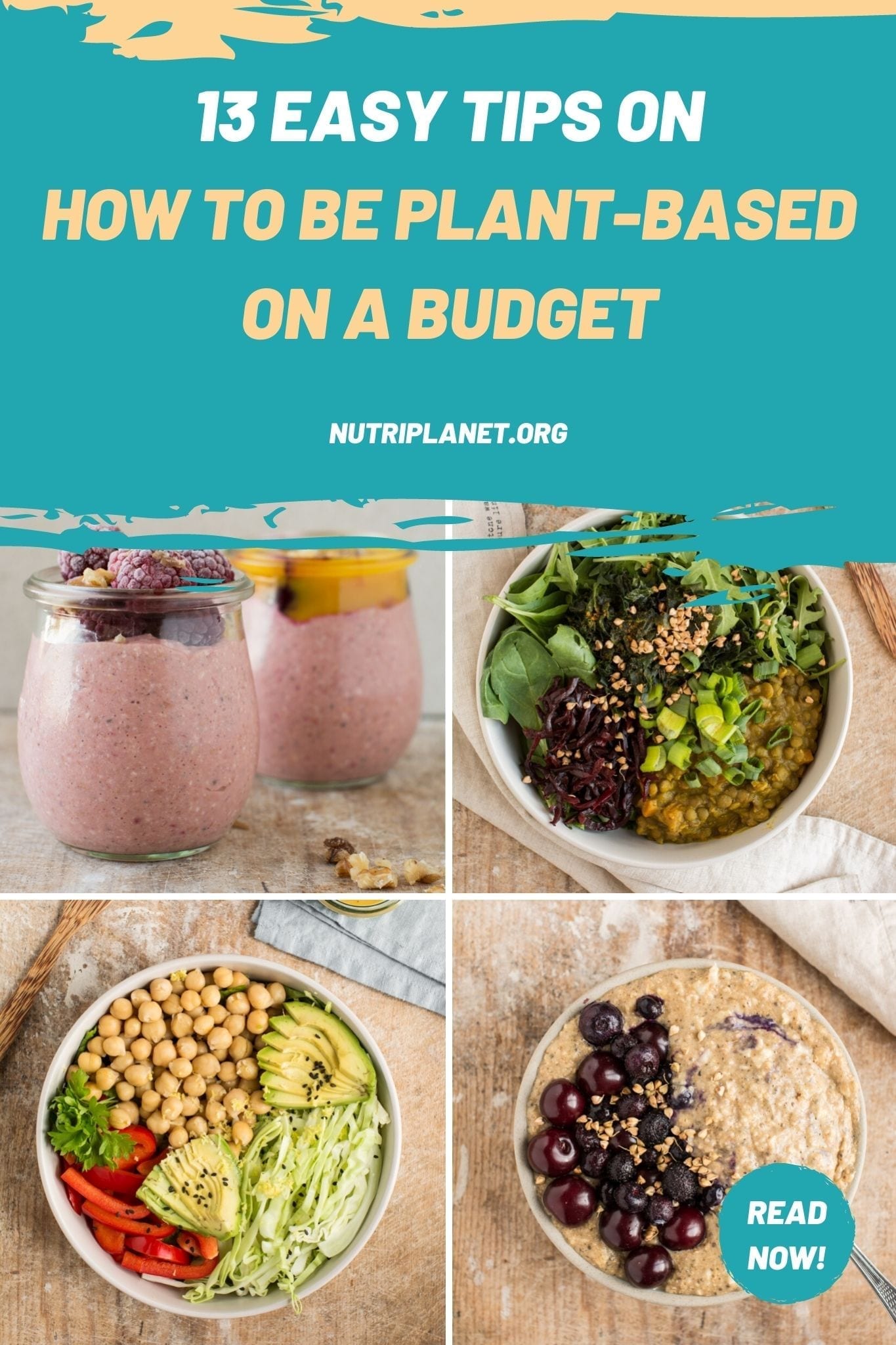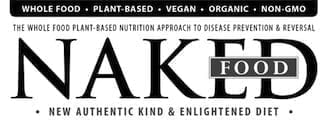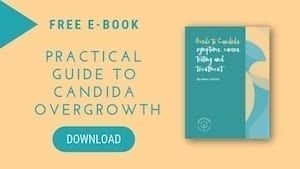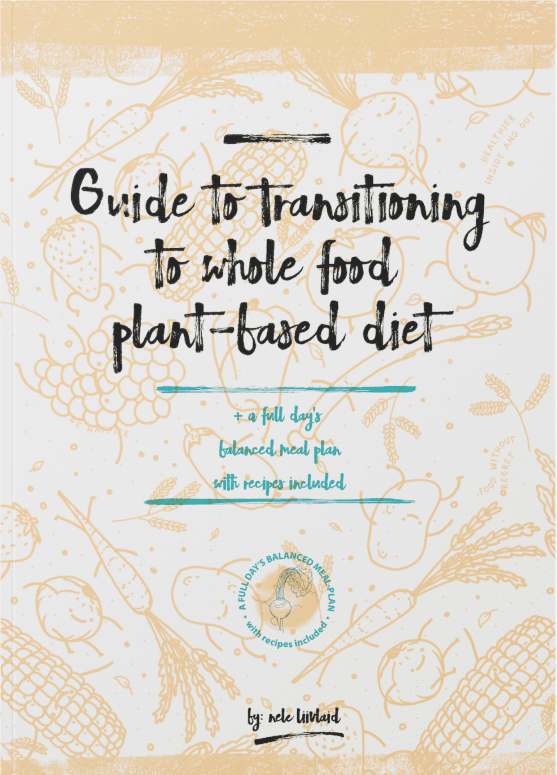It doesn’t have to be difficult to be plant based on a budget. Learn 10 easy tips to save money while following a healthy lifestyle.
I must admit that after I finish introducing my healthy eating and living habits to someone new, the assumption I get to hear very often is: “All this must be very expensive – people could never afford it!”
And this is where they get it all wrong! Surely it is possible to spend a lot of money following any lifestyle, a healthy one included, but bear in mind some basic tips and the budget will never explode.

13 Easy Tips on How to Be Plant-Based on a Budget
Do not buy everything organic.
Bear in mind the dirty dozen: celery stalks, peaches, strawberries, apples, blueberries, nectarines, bell peppers, spinach, cherries, kale, potatoes, grapes. And the ones containing the least pesticides: asparagus, avocado, cabbage, cantaloupe, sweet corn, eggplant, grapefruit, kiwi, mango, mushrooms, onion, papaya, pineapple, sweet peas (frozen), sweet potatoes. See full list of foods containing the most and the least pesticides 2014 by Environmental Working Group.
Grow your own food.
Next, take the guess work out of what’s on your fruits and vegetables. If you don’t have a garden, try growing herbs and spices on your windowsill or balcony. Another option is renting land from a farmer, which can be done in certain areas.
Forage in nature.
Picking berries is a great stay to be plant based on a budget. Go for blueberries, cranberries, cowberries, northern bilberries, cloudberries, and dewberries. Or wild strawberries and raspberries when they’re growing wild. Go into the forest and collect mushrooms. A word to the wise when gathering natural foods: make sure you do your homework first and know what you’re picking so you don’t choose anything poisonous.
You can also find nutritious herbs/plants in the woods. Look for:
- wild garlic – widespread in nature across most of Europe. Use to season savoury dishes or make pesto; (Ref.)
- ground elder, also known as bishop’s weed. In a bygone era, ground elder was also known as Roman spinach. As the name hints, you can use it as spinach or even make pesto with it. Make sure to remove the stems before cooking or eating. (Ref.) and
- nettle – a herbaceous perennial flowering plant, native to Europe, Asia, northern Africa, and North America. Use it to make tea or put it in risotto or pesto. (Ref.)
Do your research.
Find shops or local farmers’ markets that have friendlier prices. Farmers’ markets are also a great way to buy fresh produce that comes straight from the growers. Most farmers will deliver veggie boxes right to your home and it still costs less than buying organic produce from a health store.
Remember that in the middle of winter the price of apples will be higher than during fall harvest time. It makes sense (and cents) to shop for seasonal local produce. It’ll be cheaper, taste better and contain more vitamins.
Buy organic nuts, seeds, dried fruits, grains and legumes in bulk.
Find out the closest wholesalers and contact them for order terms. If there is a product you use a lot, but is quite expensive in shops, do the same – for example, I got an agreement with wholesaler to buy decent coconut milk in bulk with 20% less than in supermarket!
One way to stock up on non-perishables is to make use of sales. Clear out some space in a cupboard or closet to store regularly used items.
Everything doesn’t have to be fresh.
If you need to, go for cheaper options like frozen vegetables and berries. You can even freeze food yourself. Buy berries in bulk from the market when they’re in season and cheaper. Then freeze them for winter. Of course, you’ll need a big freezer but if you’re eating a lot of berries, buying a larger appliance will pay off down the road. Do the math that’s right for you.
The same goes for vegetables: buy in bulk and in season. Pickle them and put them in the fridge in glass jars. You don’t need to eat quinoa, red and black rice every day to be healthy. Stick to more common grains and legumes such as brown rice, lentils, beans, rye and barley. Make slightly more expensive options a treat to have every now and then.
Plan your meals ahead.
Prepare weekly meal plans with shopping lists and only shop once a week – you would be surprised of how much you save! Should meal planning be too much of a work, then check out my book Plant-Based Made Easy: The Complete Practical Guide to Transitioning to Healthy Whole Food Diet. It includes a full 2-week meal plan with 50+ recipes.
Take your lunch with you.
Prepare your dinners in a way that you have enough leftovers for next day’s lunch. It is part of the meal planning and helps you save substantially.
Omnivorous diet is NOT cheaper than plant-based one.
Organic meat/poultry and dairy is quite expensive – if you try to ditch all that, you’ll have enough funds for quality organic grains and legumes, even for the fancier ones like quinoa. Furthermore, I bet many people quite often throw out rancid animal products (meat, eggs, dairy) – this never happens to grains or legumes.
Make your own detergents.
If you are into chemical free household, but find that the organic products are way too expensive, try making your own detergents. Basic ingredients usually include baking or washing soda, organic bar soap, vinegar, mustard powder, soap nuts, alcohol, and water.
Rethink personal care products.
Women usually spend a lot on cosmetics but beauty actually comes from inside. You’ll find there’s minimal need for cosmetics if you follow a healthy diet. After adopting better habits our skin glows and we don’t use a lot of make-up (except for mascara once in a while.) One way to get nicer skin is to use coconut oil and cacao butter on your body instead of the “miracle” lotions for sale in shops. Without having to shell out for expensive products, it’s much easier to afford quality organic products that don’t contain poisonous ingredients. The natural way looks fabulous and is cheaper too.
Prefer natural cure over conventional pharmacy medicines.
Have a cold? Don’t reach for the pharmacy shelf when there are lots of natural remedies in your kitchen. There’s a lot of healing power in honey, lemon, ginger, turmeric, onions, garlic and much, much more. Natural cough remedies include ginger, lemon, gargles, black pepper and honey tea etc.
Old is new!
Before you go out and buy yourself a new wardrobe, look what’s in your closet – maybe there are items you could alter (shorten sleeves, trouser legs, skirts, dresses; narrowing, getting a new belt, replacing/adding/removing the belt) – there are numerous possibilities! Swopping with your friend is also a good option – someone else’s old is your new and vice versa.
To sum it up, it’s not that difficult to be plant-based on a budget following the above easy tips.
This post is also available in: Spanish











